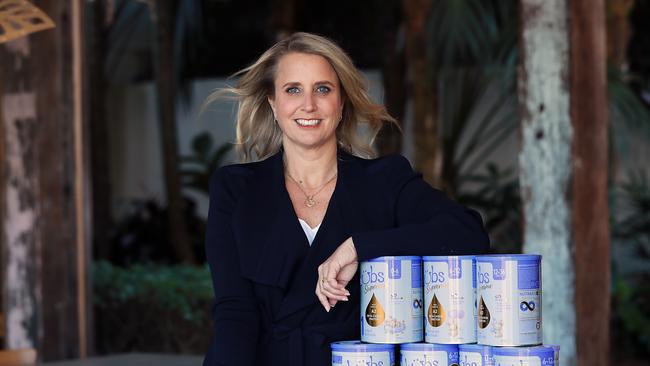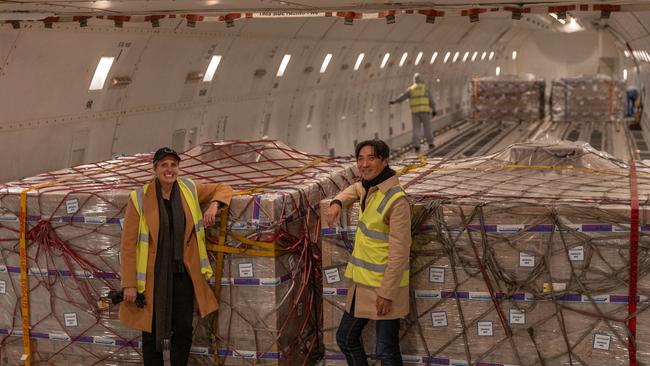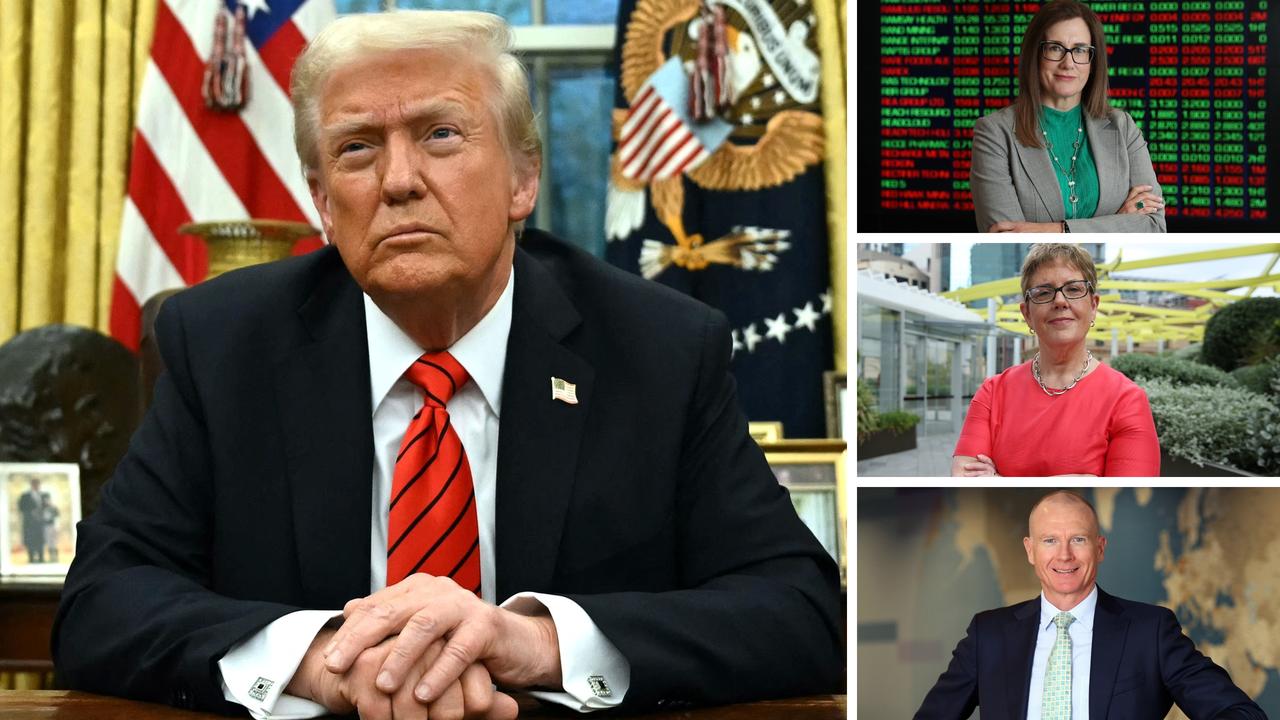Bubs cosies up to US, China to generate record revenue
The infant formula producer says it expects North America to contribute the same revenues as its traditional export market within the next three years.

The US government’s Operation Fly Formula and a rebound in the Chinese market has propelled Bub’s to record annual revenues and slashed its full year loss.
Revenues at the ASX-listed infant nutritional company surged 127 per cent to $89.3m in the year to June 30, thanks to a strong performance in the final quarter in which it generated more sales than the previous financial year, thanks to the US program.
The increased sales of higher margin infant formula helped slash a loss from $74.8m to $11.4m. Gross margins jumped 32 per cent for the group, and 40 per cent for its goat milk-based infant formula.
Bubs was one of the first companies to gain what is known as enforcement discretion – or temporary import approval – from the US Food and Drug Administration in late May.
Revenue generated from the US contributed 9 per cent to total revenue, with Bubs flying 800,000 tins of infant formula to America, 540,000 of which was funded by the Biden administration.
The FDA is streamlining the permanent approval process for companies that have gained enforcement discretion. Bubs chief executive Kristy Carr said the company was committed to establishing a full-time presence in the $5.6bn US infant formula market.
But the company is yet to gain permanent import approval, with the market still rating the US opportunity as one-off. Bubs shares price closed 5 per cent lower at 58c on Tuesday. They have risen 22.3 per cent since December 31.
The fall in share price came despite Bubs executive chairman Dennis Lin forecasting the US business would match the revenue and margin contribution of its China business – which currently accounts for 55 per cent of group sales – within three years.
“The strongest feedback that we’ve heard is that people don’t quite understand the US,” Mr Lin said. “One of the more sophisticated stockbrokers asked us today whether we are limited to only providing 1.25 million tins of infant formula to the US, so we had to explain that we have committed to the US government of what we can deliver but if the retailers want five million tins all up, then we can absolutely do so.
“That’s the one thing that people are unsure of. And then this concept of the FDA streamlining the process is only available to people that hold this (enforcement) discretion.”
Bubs has struck agreements with major US retailers, with its products stocked in more than 6000 stores – including Walmart, Kroger, Albertsons-Safeway, Target, Meijer. Buy Buy Baby, HEB and Wholefoods – in 42 states.
Ms Carr said the company aimed to expand its retail footprint to 10,000 stores by the end of 2022. Crucially, the US government-funded Women Infants and Children program – which subsidies the cost of about half all infant formula sold – has approved Bubs’ infant formula range.
But the company’s main market continues to be China, which accounts for 55 per cent of group revenue. Chinese sales were also impressive during the year, surging 166 per cent.

Bubs has been focusing on the country’s top tier e-commerce platforms – Tmall Global and Mother Baby Stores – where consumers can sample and order a product in store and have it delivered to their homes.
The Mother Baby Stores channel delivered a five-fold increase in revenue compared with 2021 thanks to a partnership with Chinese daigou distributor, Willis Trading, a subsidiary of Hong Kong-listed Alpha Professional.
The deal involves Bubs issuing more than 4.8 per cent of its shares to Alpha. In exchange, Alpha must buy at least $80m in Bubs’ products this financial year, on top of the $50m it bought in 2022.
“Pricing discipline has been maintained through balancing market supply and demand, contributing to solid margins throughout the supply chain and continual recruitment of new customers,” Ms Carr said. “China remains a key margin driver and long-term strategic priority for the business with significant upside.”
In the Australian market, Bubs increases its market share to 4.7 per cent, with sales comprising 16 per cent of group revenue.





